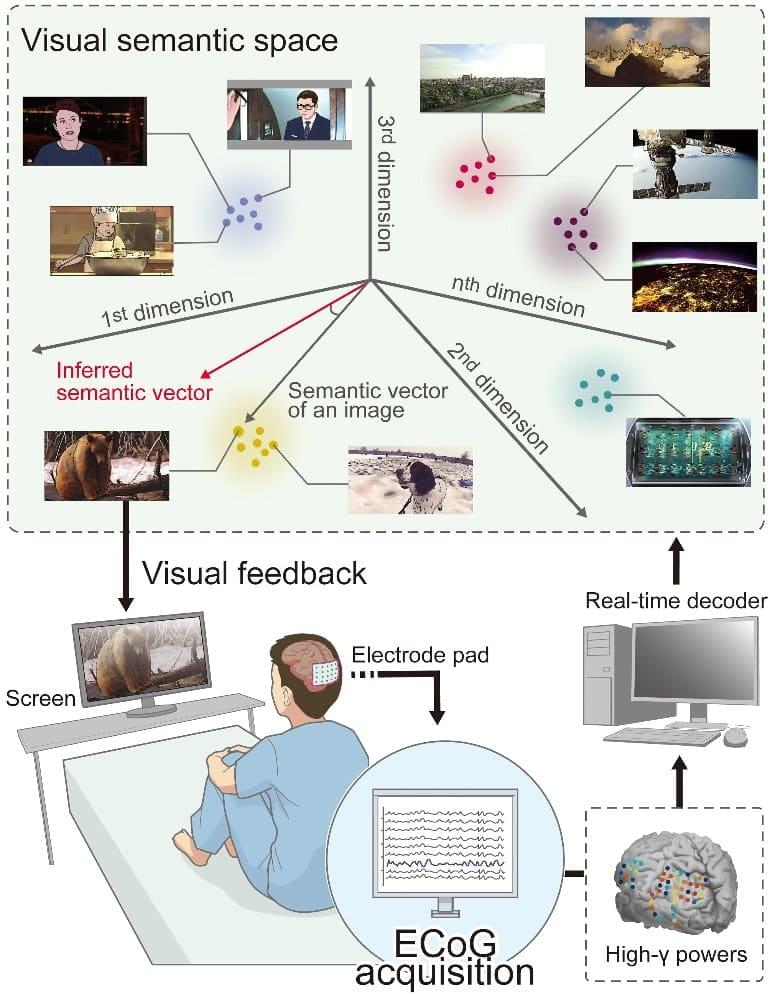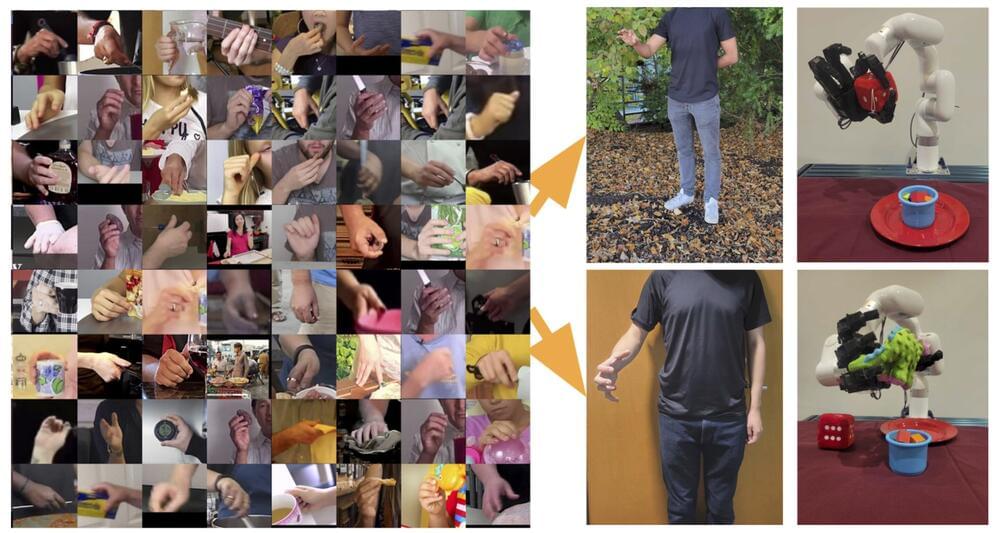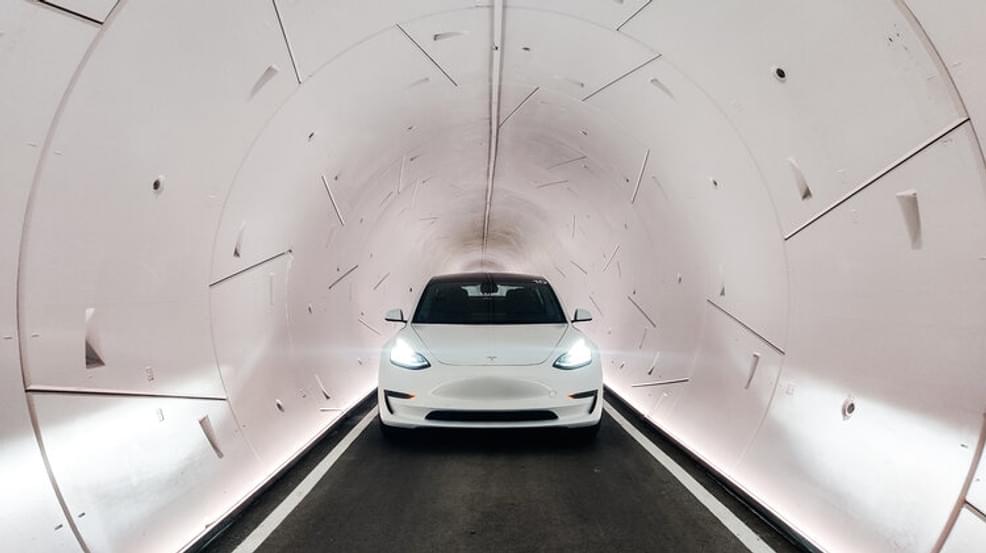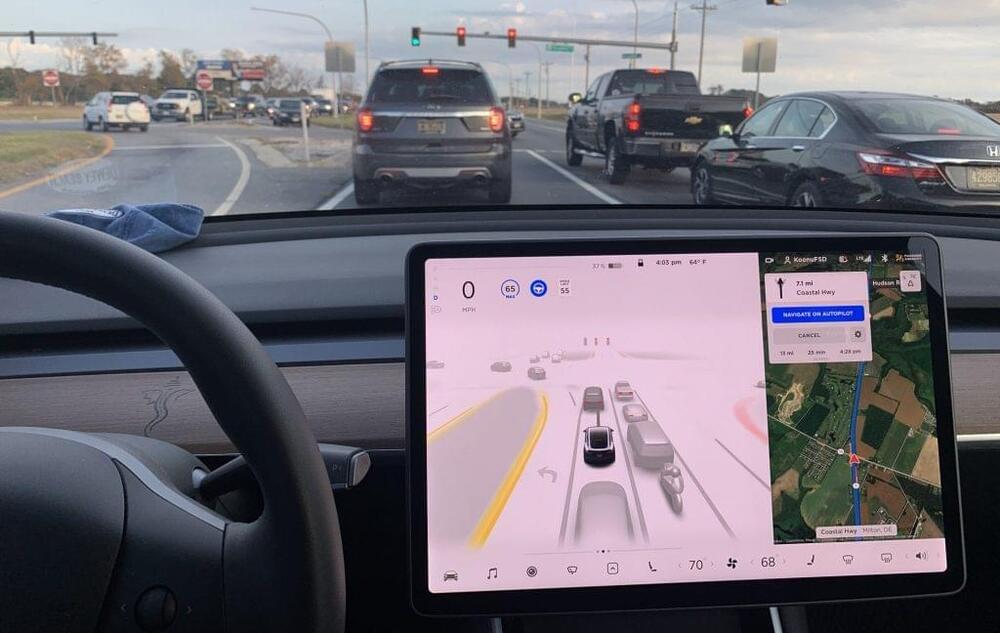Page 5350
Mar 18, 2022
Scientists See What People Picture in Their Mind’s Eye
Posted by Jose Ruben Rodriguez Fuentes in category: neuroscience
Summary: Using electrocorticogram technology to capture brain waves, researchers found the meaning of what people imagine can be determined from brain wave patterns, even if the image differs from what a person is looking at.
Source: Osaka University.
They say a picture is worth a thousand words. Now, researchers from Japan have found that even a mental picture can communicate volumes.
Mar 18, 2022
Robotic telekinesis: Allowing humans to remotely operate and train robotic hands
Posted by Saúl Morales Rodriguéz in categories: robotics/AI, transportation
Over the past few decades, computer scientists have developed increasingly advanced techniques to train and operate robots. Collectively, these methods could facilitate the integration of robotic systems in an increasingly wide range of real-world settings.
Researchers at Carnegie Mellon University have recently created a new system that allows users to control a robotic hand and arm remotely, simply by demonstrating the movements they want it to replicate in front of a camera. This system, introduced in a paper pre-published on arXiv, could open exciting possibilities for the teleoperation and remote training of robots completing missions in both everyday settings and environments that are inaccessible to humans.
“Prior works in this area rely either on gloves, motion markers or a calibrated multi-camera setup,” Deepak Pathak, one of the researchers who developed the new system, told TechXplore. “Instead, our system works using a single uncalibrated camera. Since no calibration is needed, the user can be standing anywhere and still successfully teleoperate the robot.”
Mar 18, 2022
Physicists Think They’ve Finally Cracked Stephen Hawking’s Famous Black Hole Paradox
Posted by Dan Kummer in categories: cosmology, physics
Scientists say they have solved one of the biggest paradoxes in science first identified by Prof Stephen Hawking.
He highlighted that black holes beh.
Mar 18, 2022
Toward a quantum computer that calculates molecular energy
Posted by Dan Kummer in categories: chemistry, food, information science, quantum physics, robotics/AI, sustainability
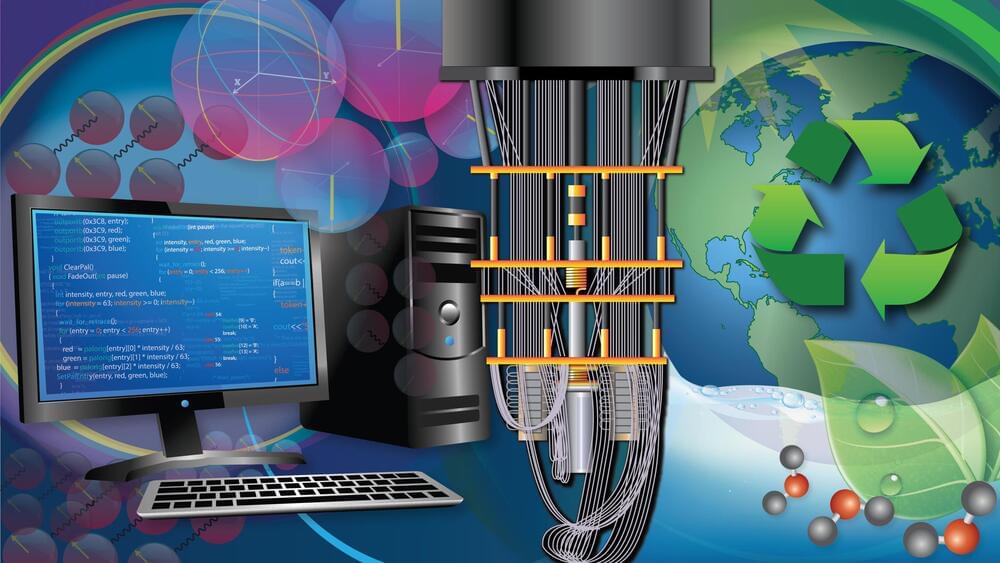
Quantum computers are getting bigger, but there are still few practical ways to take advantage of their extra computing power. To get over this hurdle, researchers are designing algorithms to ease the transition from classical to quantum computers. In a new study in Nature, researchers unveil an algorithm that reduces the statistical errors, or noise, produced by quantum bits, or qubits, in crunching chemistry equations.
Developed by Columbia chemistry professor David Reichman and postdoc Joonho Lee with researchers at Google Quantum AI, the algorithm uses up to 16 qubits on Sycamore, Google’s 53-qubit computer, to calculate ground state energy, the lowest energy state of a molecule. “These are the largest quantum chemistry calculations that have ever been done on a real quantum device,” Reichman said.
Continue reading “Toward a quantum computer that calculates molecular energy” »
Mar 18, 2022
DeepMind’s New AI: As Smart As An Engineer… Kind Of! 🤯
Posted by Dan Kummer in category: robotics/AI

Soooo Close
❤️ Check out Lambda here and sign up for their GPU Cloud: https://lambdalabs.com/papers.
Continue reading “DeepMind’s New AI: As Smart As An Engineer… Kind Of! 🤯” »
Mar 18, 2022
Scientists figured out a way to clean dust off of solar panels without using water
Posted by Genevieve Klien in categories: solar power, sustainability
Dust on solar panels reduces their output significantly, so they need to be kept clean. But how? Scientists say they have a solution.
Mar 18, 2022
Elon Musk’s plan for tunnels connecting airport to downtown San Antonio moving forward
Posted by Genevieve Klien in categories: Elon Musk, transportation
SAN ANTONIO (WOAI/KABB) — An Elon Musk-backed proposal to build a tunnel connecting downtown San Antonio to the city’s airport is moving forward. The Alamo Regional Mobility Authority decided to take the next step in the project from The Boring Company to build the system. The Boring Company is owned by Elon Musk, and submitted the idea to Alamo RMA after they asked for proposals to increase revenues. No decisions were made in regards to approval of development.
Mar 18, 2022
As Tesla Giga Texas goes live, Austin aims to become a hub for transit innovations
Posted by Genevieve Klien in categories: Elon Musk, robotics/AI, sustainability, transportation
Tesla’s Gigafactory Texas is about to start its operations, and when it does, it would be one of the United States’ most ambitious vehicle production facilities. The massive factory, which Elon Musk has noted will be almost a mile long when completed, is expected to hire thousands of workers in the area.
The arrival of Tesla in Texas and the influx of companies moving into the state will likely trigger an increase in the number of people residing in cities like Austin. With this in mind, Austin transit leaders recently stated that the city’s transportation network would play a critical role in aiding or hindering further development. After all, all those new workers need a way to get to and from their jobs.
The discussions were held during a South by Southwest panel on Thursday, where transportation startup leaders highlighted that Austin’s efforts to invest in new mass transit operations are steps in the right direction. Austin-based AI Fleet CEO Marc El Khoury noted that the city and its surrounding areas would be attractive for companies developing innovative transit technologies.
Mar 18, 2022
Future evolution: from looks to brains and personality, how will humans change in the next 10,000 years?
Posted by Genevieve Klien in categories: biotech/medical, computing, food, genetics, information science, mobile phones, neuroscience
And going forward, we’ll do this with far more knowledge of what we’re doing, and more control over the genes of our progeny. We can already screen ourselves and embryos for genetic diseases. We could potentially choose embryos for desirable genes, as we do with crops. Direct editing of the DNA of a human embryo has been proven to be possible — but seems morally abhorrent, effectively turning children into subjects of medical experimentation. And yet, if such technologies were proven safe, I could imagine a future where you’d be a bad parent not to give your children the best genes possible.
Computers also provide an entirely new selective pressure. As more and more matches are made on smartphones, we are delegating decisions about what the next generation looks like to computer algorithms, who recommend our potential matches. Digital code now helps choose what genetic code passed on to future generations, just like it shapes what you stream or buy online. This might sound like dark science fiction, but it’s already happening. Our genes are being curated by computer, just like our playlists. It’s hard to know where this leads, but I wonder if it’s entirely wise to turn over the future of our species to iPhones, the internet and the companies behind them.
Discussions of human evolution are usually backward looking, as if the greatest triumphs and challenges were in the distant past. But as technology and culture enter a period of accelerating change, our genes will too. Arguably, the most interesting parts of evolution aren’t life’s origins, dinosaurs, or Neanderthals, but what’s happening right now, our present – and our future.

